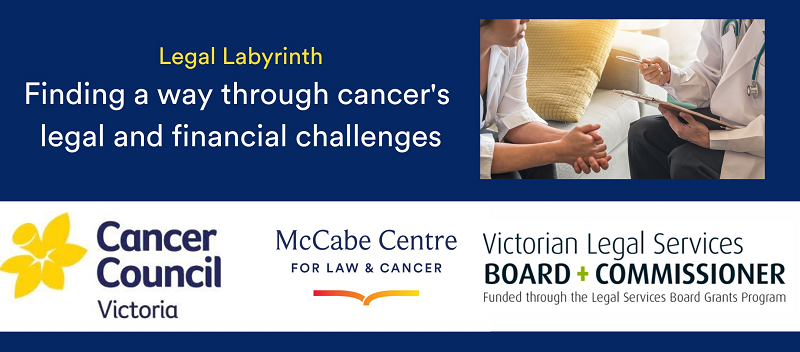- Over the total lifetime of treatment, Australian cancer patients pay about 15 per cent of the cost of their cancer care themselves
- The total amount paid by Australians has been rising and is now estimated to be 20 per cent of total healthcare expenditure
- 'Financial toxicity’ is the distress or hardship arising from the financial burden of cancer treatment and is increasingly considered a side effect of cancer treatment
Although Australia has one of the highest performing healthcare systems in the world, the total amount paid by Australians for treatment from their own pockets has been rising – even more so for those with private health insurance.
The distress arising from the financial burden of treatment, known as ‘financial toxicity’, is increasingly considered a side effect of cancer treatment. It can impact significantly on a person’s health and decision-making, with some Australians reporting they have skipped medication for financial reasons, or they are unable to cover other expenses because of the costs of treatment.
Currently, the burden of discovering treatment costs rests, for the most part, with patients which is neither practical nor ideal, especially if patients are vulnerable, distressed, or have low health literacy.
Better mechanisms are required to ensure patients are fully informed about treatment costs, including supporting doctors to discuss treatment and non-medical costs with patients – this is known as Informed Financial Consent.
Our contribution
- We worked with strategic partners, Cancer Council Victoria and Cancer Council Australia to review and provide input to the Informed Financial Consent Standard developed by Cancer Council Australia.
- We support Cancer Council Victoria and Cancer Council Australia with their advocacy efforts for policy and law reform to reduce the costs of cancer care in Australia.
New Project Announced for 2025-2026
Finding a way through cancer's legal and financial challenges
The Challenge
There are many confronting aspects of a cancer diagnosis - starting with diagnosis itself and increasingly, the rapid legal and financial burden placed on individuals, their families and carers.
Demand is growing for specialist support to navigate the legal and financial challenges cancer poses.
As of January 2024, 133,140 Victorians, or about 2% of the population, had been diagnosed with cancer in the past five years, and at a time when focus should be on treatment and recovery, many struggle to cope with legal and financial issues related to a cancer diagnosis, including reduced income and extra costs on top of the underlying cost of living crisis.
The important project, called “Legal labyrinth: finding a way through cancer's legal and financial challenges” builds on our commitment to advance the law to control cancer, and support those with cancer, locally and globally. This supports Cancer Council Victoria’s Strategic Pillar to reduce the burden of cancer by supporting, educating, and empowering people and influencing policy change.
We aim to use data and case studies to better understand common legal and financial issues for people affected by cancer, and to develop resources and education tools to empower patients, families and carers to navigate these. The project will also raise awareness of needs and ensure organisations can meet them through improved policies and practices.
Our Response
There is increasing need for specialist support to address the complex legal and financial issues that arise for people affected by cancer, families, and carers.
This project seeks to:
- Gain a better understanding of the legal and financial challenges that Victorians affected by cancer face, and to improve support pathways and resources for people seeking assistance.
- Enable organisations to improve policies and practices to better meet the needs of people affected by cancer.
- Make recommendations of law and policy reform, to better support people affected by cancer.
We will work collaboratively with Cancer Council Victoria colleagues, including in our Cancer Information and Support Services and Financial Counselling teams, to progress this project. And we’ll continue to update you on this exciting project as we go. Thank you for being part of this journey with us. Contact: info@mccabecentre.org.
